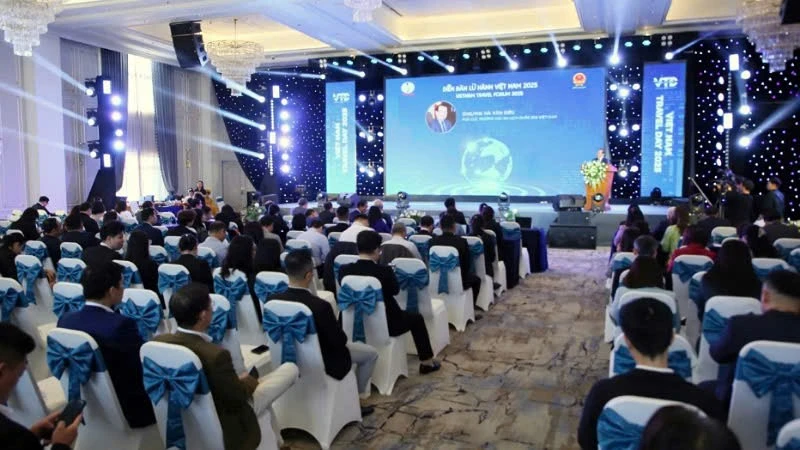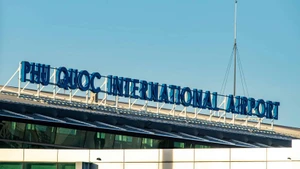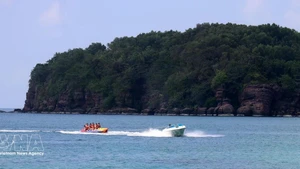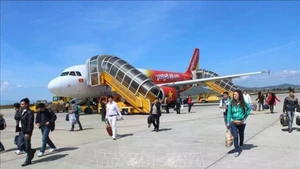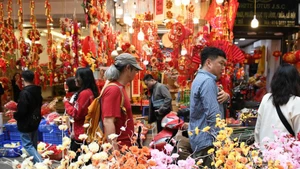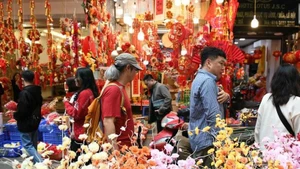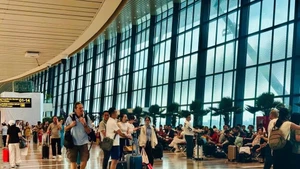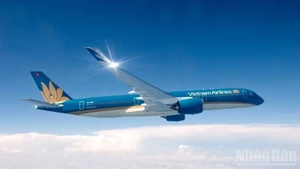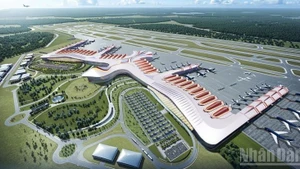Delivering the opening remarks, Vu The Binh, Chair of the Viet Nam Tourism Association, said that the forum aims to propose solutions and recommendations to innovate travel activities, contributing to elevating Vietnamese tourism and turning it into a spearhead economic sector.

In this flow of national renewal, Vietnamese tourism enjoys many opportunities to rise strongly in the new era. Therefore, travel enterprises, the force directly connecting visitors with products and destinations, need new mindsets, new approaches, and a new spirit of action to become a driving force for the sector, pioneering creating experiences, leading trends, applying technology, spreading culture and uplifting the value of Viet Nam’s tourism.
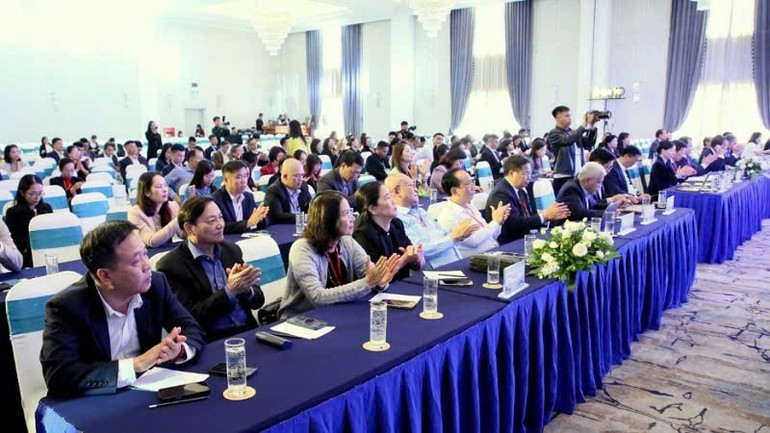
Ha Van Sieu, Deputy Director General of the Viet Nam National Authority of Tourism, stressed that the forum is an opportunity for connection and sharing, enabling travel enterprises to jointly assess and identify new tourism trends where, although visitors book services and travel independently, this does not reduce the role of travel enterprises; on the contrary, it drives enterprises to make strong transitions: from providing services to providing experiences; from traditional operations to technological operations; from selling products to selling deep value; from acting alone to linking within an ecosystem. Enterprises that adapt quickly, renew their mindset and transform their methods of operation will not only retain the market but also open up more sustainable development opportunities for the future of the tourism sector.
Quang Ninh is likened to a “miniature Viet Nam”, gathering a full range of natural resources, culture, and people for tourism development. Notably, Quang Ninh is proud to own two UNESCO-recognised World Heritage Sites: Ha Long Bay Natural World Heritage Site and the Yen Tu–Vinh Nghiem–Con Son, Kiep Bac Complex Cultural World Heritage Site.
In addition, Quang Ninh has more than 600 relics, scenic landscapes and tourism resources in marine and island tourism, spiritual tourism, resort and ecological tourism with distinctive and unique features found nowhere else in Viet Nam.
With these unique potentials and advantages, tourism has truly become a spearhead economic sector of Quang Ninh. In 2025, Quang Ninh is expected to welcome over 21 million visitors, including 4.5 million international arrivals, and tourism contributes more than 10% of the province’s GRDP.
Within the framework of the Forum, units also discussed the development trends of the tourism economy and the changing needs of visitors after the Covid-19 pandemic; including cultural tourism, green tourism, digital transformation; promoting tourism services on the basis of harnessing the value of cultural and natural heritage.
